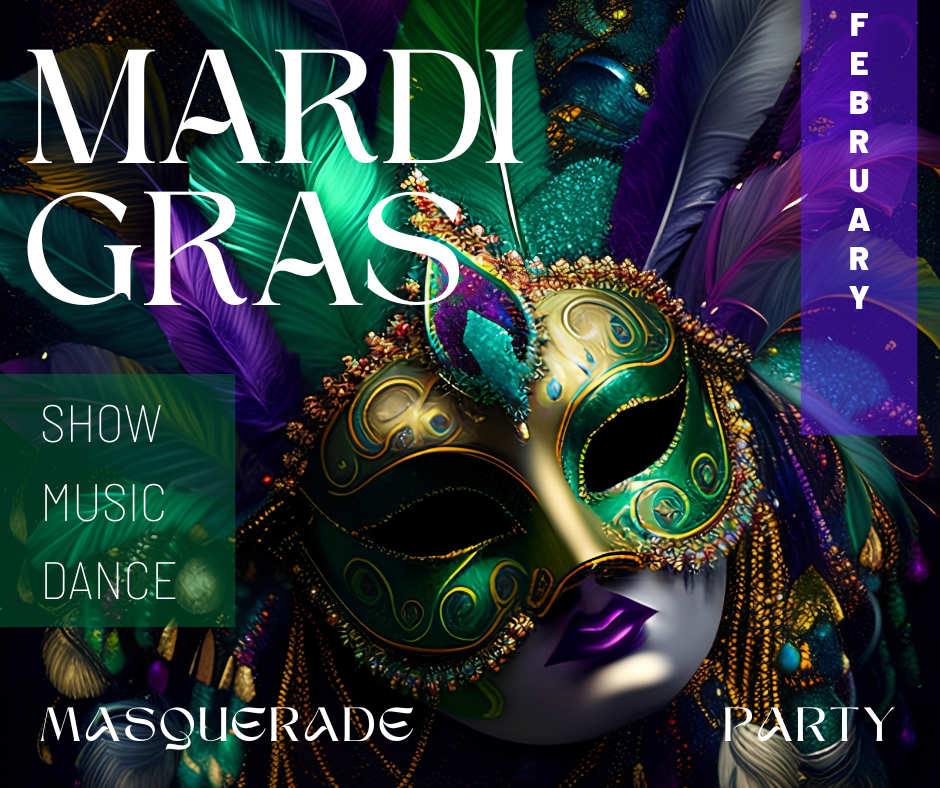Carnival is one of the most vibrant and anticipated celebrations of the year, known for its colorful parades, elaborate masks, contagious music, and a spirit of freedom that captivates everyone present. But have you ever wondered how this lively festival began? The origin of Carnival is a fascinating mix of ancient traditions, pagan rituals, and cultural adaptations over the centuries.
Ancient Roots: Paganism and Renewal Rituals
The history of Carnival dates back thousands of years, with roots in ancient pagan festivities. One of the oldest influences comes from celebrations in honor of agricultural gods, such as the Roman Saturnalia and the festivals dedicated to Dionysus in Ancient Greece. These events were marked by feasts, dancing, social role reversals (such as masters serving slaves), and the temporary suspension of social norms.
Carnival is also linked to spring festivals, such as the Celtic Winter Festival and fertility rituals that celebrated winter's end and nature's rebirth. These festivities aimed to ward off evil spirits and ensure good harvests.
The Influence of Christianity
With the rise of Christianity, many pagan festivities were adapted to the religious calendar. Carnival, as we know it today, is closely linked to Lent, the 40 days of fasting and reflection leading up to Easter. The word "Carnival" comes from the Latin carne vale, meaning "farewell to meat," referring to the period of abstinence from meat during Lent.
Thus, Carnival became a final opportunity to indulge in fun and rich foods before the period of penance began. In the Middle Ages, the festival became popular across Europe, especially in cities like Venice, where masked balls and parades became a tradition.
Carnival Around the World
Over the centuries, Carnival has adapted to local cultures, resulting in unique celebrations worldwide. In Brazil, for example, Carnival is a fusion of European, African, and Indigenous influences, with highlights including the samba school parades in Rio de Janeiro and the trios elétricos in Salvador. In Venice, masks and luxurious costumes remain the signature of the festival. Meanwhile, in New Orleans, USA, Mardi Gras is known for its floats and the tradition of throwing colorful bead necklaces.
Carnival Today
Today, Carnival is a global celebration that transcends borders and cultures. It is a time of joy, creativity, and artistic expression, but also an opportunity to reflect on this special festivity's historical and cultural roots. Whether in the streets, ballrooms, or sambadromes, Carnival continues to be a festival that brings people together and celebrates life.
And how will you celebrate Carnival this year? 🎭🎉
Ancient Roots: Paganism and Renewal Rituals
The history of Carnival dates back thousands of years, with roots in ancient pagan festivities. One of the oldest influences comes from celebrations in honor of agricultural gods, such as the Roman Saturnalia and the festivals dedicated to Dionysus in Ancient Greece. These events were marked by feasts, dancing, social role reversals (such as masters serving slaves), and the temporary suspension of social norms.
Carnival is also linked to spring festivals, such as the Celtic Winter Festival and fertility rituals that celebrated winter's end and nature's rebirth. These festivities aimed to ward off evil spirits and ensure good harvests.
The Influence of Christianity
With the rise of Christianity, many pagan festivities were adapted to the religious calendar. Carnival, as we know it today, is closely linked to Lent, the 40 days of fasting and reflection leading up to Easter. The word "Carnival" comes from the Latin carne vale, meaning "farewell to meat," referring to the period of abstinence from meat during Lent.
Thus, Carnival became a final opportunity to indulge in fun and rich foods before the period of penance began. In the Middle Ages, the festival became popular across Europe, especially in cities like Venice, where masked balls and parades became a tradition.
Carnival Around the World
Over the centuries, Carnival has adapted to local cultures, resulting in unique celebrations worldwide. In Brazil, for example, Carnival is a fusion of European, African, and Indigenous influences, with highlights including the samba school parades in Rio de Janeiro and the trios elétricos in Salvador. In Venice, masks and luxurious costumes remain the signature of the festival. Meanwhile, in New Orleans, USA, Mardi Gras is known for its floats and the tradition of throwing colorful bead necklaces.
Carnival Today
Today, Carnival is a global celebration that transcends borders and cultures. It is a time of joy, creativity, and artistic expression, but also an opportunity to reflect on this special festivity's historical and cultural roots. Whether in the streets, ballrooms, or sambadromes, Carnival continues to be a festival that brings people together and celebrates life.
And how will you celebrate Carnival this year? 🎭🎉
